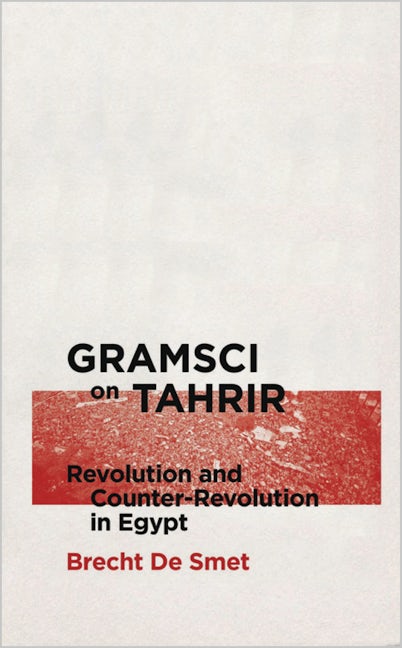
Central to De Smet's argument is Gramsci's interpretation of 'Caesarism', an occasion in which two evenly matched political opponents reach a potentially catastrophic stalemate; such an interplay between these forces can only end in mutual destruction. In applying this to the Egyptian revolution, we see how the Egyptian state was bereft of strong hegemonies and the people were replete with capable counter-hegemonies. Through this analysis, we can see how the current situation in Egypt demonstrates how both national histories and global power relations enable, define and displace popular resistance and social transformation.
This book is available to download through the Open Access programme.
Brecht De Smet is a lecturer and researcher at the Department of Conflict and Development Studies, Ghent University. Since 2008 he has been studying strike movements and political protests in Egypt from a Marxist perspective. De Smet is the author of several academic articles and opinion pieces about the workers' movement in Egypt. He is the author of Gramsci on Tahrir (Pluto, 2016) and A Dialectical Pedagogy of Revolt. Gramsci, Vygotsky, and the Egyptian Revolution (Brill, 2015).
Acknowledgements
Abbreviations
1. Introduction
Part I: On the Subject of Revolution
2. From Bourgeois to Permanent Revolution
3. A Criterion for Interpretation
4. Caesarism
Part II: Gramsci in Egypt
5. Passive Revolution and Imperialism
6. Lineages of Egyptian Caesarism
7. The 25 January Revolution
8. Revolution and Restoration
9. Conclusions
Notes
Bibliography
Index
135mm x 215mm

